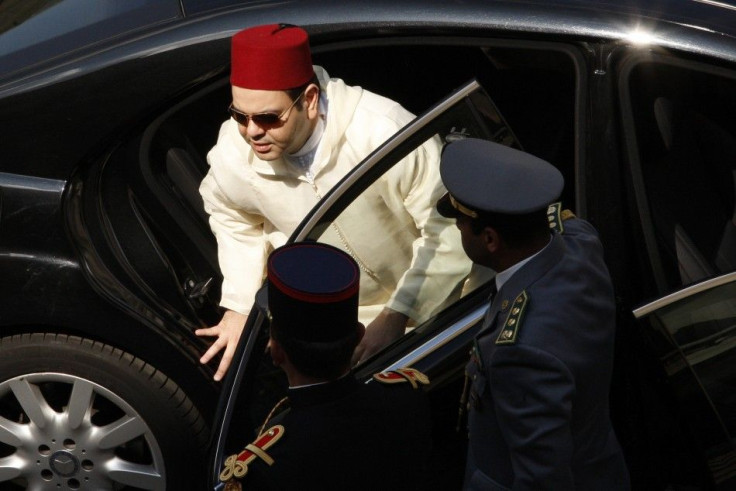Moroccan king pledges sweeping reforms

The king of Morocco, King Mohammed VI, has vowed to enact comprehensive political and constitutional reforms, including the bestowal of real power onto a popularly elected prime minister, rather than a royal appointee.
He has also pledged to establish a free judiciary.
In the King’s first speech in response to the turmoil sweeping the Arab world, he promised to draft a new constitution.
On February 20, thousands of Moroccans turned out in the streets to demand jobs and curtail the powers of the monarch. Six people were killed in those demonstrations, including some whom burned to death in a bank that was set ablaze.
We have decided to undertake a comprehensive constitutional reform, King Mohammed said, adding his firm commitment to giving a strong impetus to the dynamic and deep reforms... taking place.
The King mapped out seven important changes, including how a prime minister will be selected. Rather than being appointed by royal decree, the prime minister will be picked from the political party which leads in the elections in parliament. This officeholder will have effective executive power and be fully responsible for the government, public administration... and implementing the government's program.”
The King also proposed expanded individual and collective liberties and the reinforcement of human rights in all dimensions and expressed the will to set up an independent judiciary.
He also said fighting joblessness and poverty were his top priorities.
To implement these reforms, the monarch will form a commission to work on constitutional revisions, with proposals to be submitted to him by June.
Thereafter, a referendum will be held.
Abdelilah Benkirane, leader of the Opposition Islamist Justice and Development Party (PJD) praised the king’s speech, adding that Mohammed had reacted positively to the demands made by the parties and young people. We are almost surprised. The PJD is satisfied. This development looks more like a revolution and the concerned parties are asked to work seriously to make the contents of the speech become reality.
Political scientist Mohamed Darif told reporters: This is a break with a discredited past. He has met the demands of many Moroccans who never stopped to ask for institutional and political reforms.This speech breaks with the monarchy as an executive power. It does not create a parliamentary monarchy but provides for a balanced monarchy where power is divided between the king and a government based on parliament.
© Copyright IBTimes 2024. All rights reserved.





















